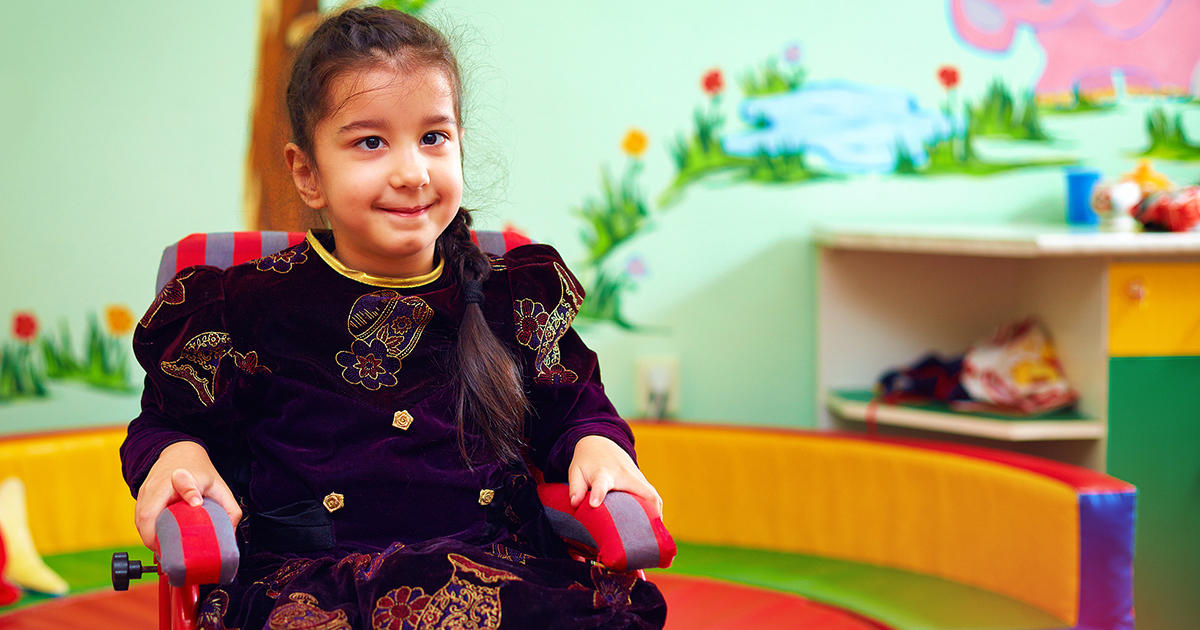All educators need to be familiar with special education terms, because there are students with disabilities in every classroom. In fact, during the 2021–2022 school year, 15% of all public school students received special education services.1
First, it’s important to understand where special education terms come from. The Individuals With Disabilities Education Act, or IDEA, is the main source. IDEA is the special education law in the United States, guiding the services that are available and how they are delivered to children with disabilities. While IDEA provides definitions and requirements, individual states can exceed IDEA requirements. Once you understand IDEA’s definitions, check with your state’s department of special education to determine how local regulations may differ.2
Eight key special education terms you need to know
Child with a disability: A child or youth, up to age 21, who needs special education services due to an intellectual disability; a hearing, speech, language, visual, orthopedic, or health impairment; a serious emotional disturbance; traumatic brain injury; autism; a specific learning disability; or any other health impairment.2
Free Appropriate Public Education (FAPE): At no cost to a student or their family/caretakers, a child with a disability must receive an Individualized Education Program (IEP) to provide them with the same learning opportunities available to nondisabled children.3
Individualized Education Plan (IEP): A written document for children who receive special education. The plan details the child’s present educational performance, sets objectives for development, and details services and support the child will receive. IEP is also known as an Individualized Education Program.4
Least Restrictive Environment (LRE): Children with disabilities should be educated with children who are not disabled, to the maximum extent that is appropriate. If it is appropriate for the child with a disability, they should be taught in the general education classroom, with the support and services outlined in the IEP.5
Related services: Support, such as transportation, physical therapy, therapeutic recreation, counseling, and speech-language pathology, that is needed to enable a child with a disability to thrive in special education.2
Special education: Instruction that is specially designed to support the educational success of a child with a disability and that is provided at no cost.2
Supplementary aids and services: Support, such as equipment, technology, or staff training, that helps children with disabilities to learn in the general education setting.5
Transition services: A plan for a high school-aged child with a disability that will support them as they complete high school and move into adult life, which can include education, adult services, and/or employment. Transition services are also known as a transition plan. The transition plan is part of the IEP.2
With an online teaching degree from Walden, you can help the next generation learn and thrive. If you want to advance your career knowledge, Walden University offers online programs to earn master’s degrees, including a Master of Arts in Teaching (MAT) – Special Education; education specialist degrees; a Doctor of Education (EdD) degree; and a PhD in Education degree for working teachers. If you’re not yet a teacher but you think you’d love to inspire young learners, becoming an educator could be the right career choice for you. An online BS in Elementary Education (Teacher Licensure) degree program is a good place to start.
Walden University is an accredited institution offering bachelor’s, master’s, education specialist, and doctoral education degree programs online. Expand your career options and earn your education degree in a convenient, flexible format that fits your busy life.
1Source: nces.ed.gov/programs/coe/indicator/cgg/students-with-disabilities
2Source: www.parentcenterhub.org/keyterms-specialed/
3Source: specialednews.com/special-education-dictionary/fape-free-appropriate-public-education/
4Source: www.understandingspecialeducation.com/special-education-terms.html
5Source: www.understood.org/en/articles/iep-terms-to-know
Walden University is accredited by the Higher Learning Commission, www.hlcommission.org.




